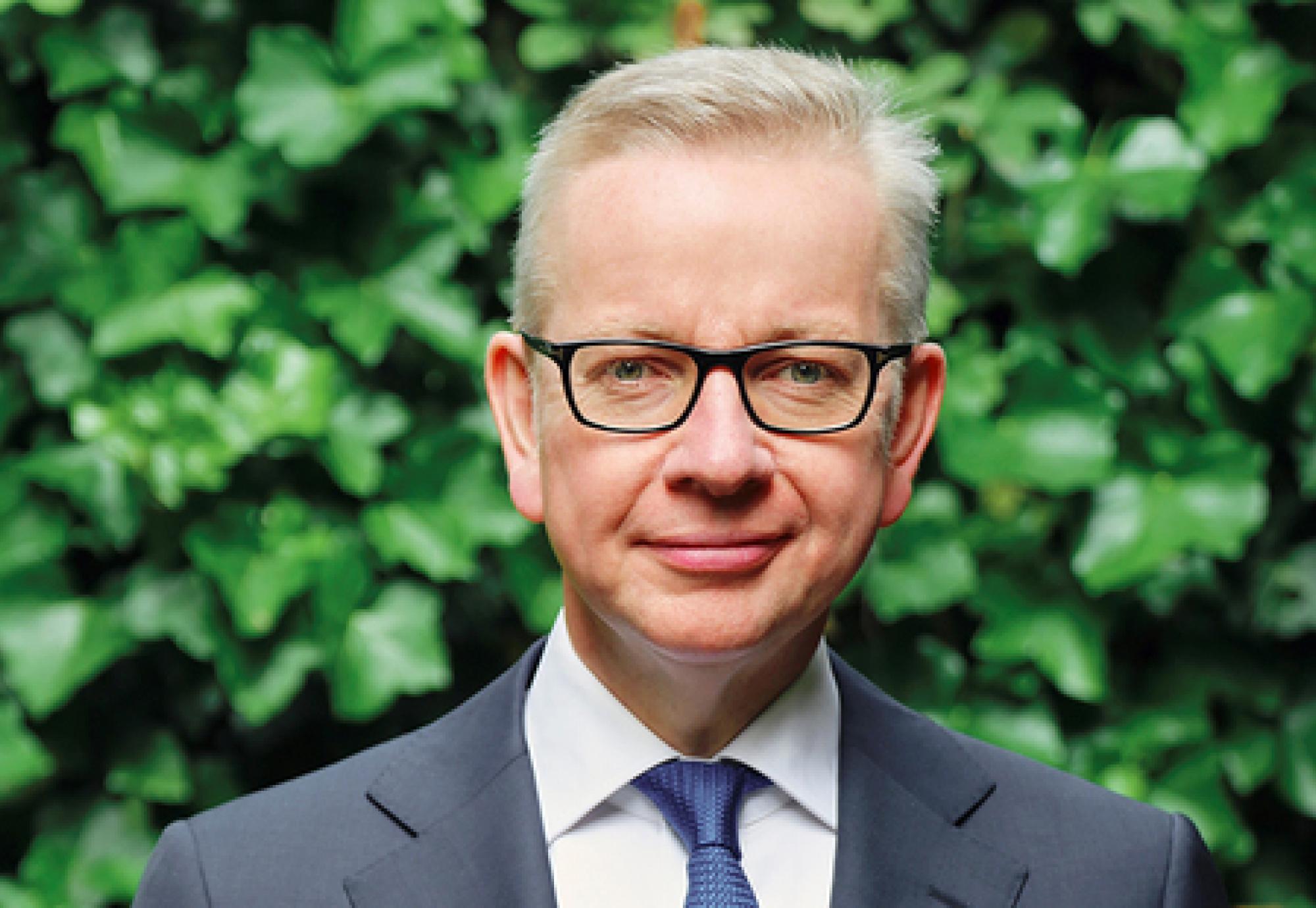The cabinet minister for Levelling Up, Michael Gove, has admitted that rising prices are making the government’s Levelling Up initiative more difficult, as councils head towards the beginning to of the second round of bidding for funding.
The Levelling Up scheme was launched to try and combat the biggest regional inequalities in across the country and allows local councils to bid for funding to help achieve that goal by focusing in on 12 “missions” laid out by the government with a deadline of 2030.
Mr Gove said:
“Unless we stick to these missions, then the cost of issues that we face at the moment will deepen inequality”
The first round of bidding finished at the end of 2021 and saw 38 councils winning all or some of the funding they requested, whilst 34 did not submit a bid. More importantly for the entire Levelling Up scheme and its success is the fact that 28 councils in the most deprived areas of England had their bids rejected, including Blackpool and Knowsley who are of a top priority to the government.
The first round of bidding saw £1.7 billion allocated to towns and cities around the country
Former government economist Nicola Headlam suggested some issues with the current bidding format where councils must bid against each other to win their funding:
“A beauty contest around who gets the money, that’s not really how I would do it.”
Whilst then going on to suggest that councils in more affluent areas could be more likely to win their bids due to having more resources to help write better proposals.
The first round of bidding focused on four areas:
- Characteristics of places
- Deliverability
- Strategic fit with local and Fund priorities
- Economic case in line with the published assessment framework
Rising costs in the United Kingdom are causing trouble for local councils, the government, and residents in deprived areas as fuel costs, household fuel bills, VAT and interest rates on mortgage payments are all increasing at a rate that does not align with wage increases.
With the second round of bidding approaching at the end of the month, Gove outlined how his department is helping councils to make sure that their bids are effective, including with the deployment of Levelling Up directors, who live local to the relevant areas, to assist with the bids.



















